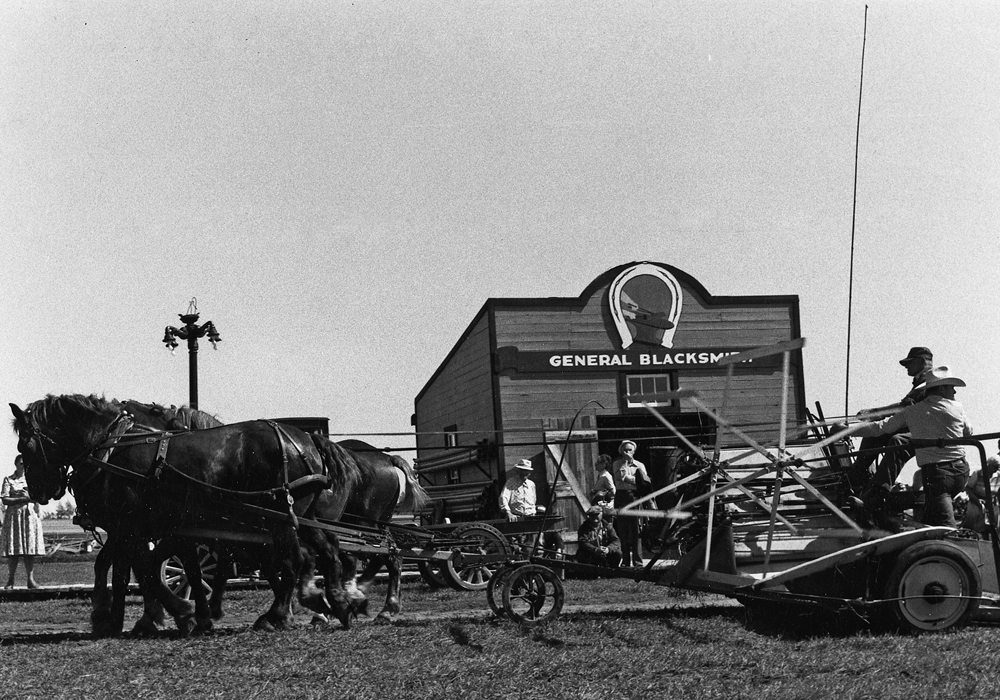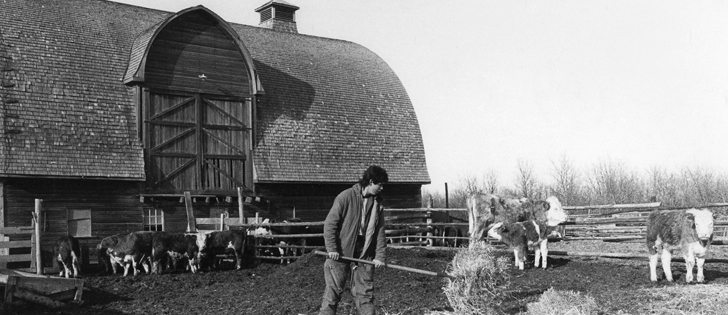The Western Producer takes a weekly look at some of the stories that made headlines in issues of the paper from 75, 50, 25 and 10 years ago.
75 years ago: Oct. 3, 1940
Under the front page headline “A Grave Situation,” The Western Producer reported that the Canadian Wheat Board had accepted 140 million bushels of prairie wheat worth $70 million from Aug. 1 to Sept. 27, compared to 240 million bu. worth $120 million in the same period of the previous year. The paper continued its call for government assistance to farmers struggling to store the grain they couldn’t sell, but it also bemoaned the lack of cash flow facing producers. Poor wheat sales were the result of disruptions caused by the war.
Read Also

Farmer ownership cannot be seen as a guarantee for success
It’s a powerful movement when people band together to form co-ops and credit unions, but member ownership is no guarantee of success.
Federal researchers found that lighter seeding rates of crested wheat grass in rows produced the highest yields of hay and pasture in dry land. The research had been initiated as producers began re-seeding cropland to grass because of the severe drought of the 1930s.
50 years ago: Sept. 30, 1965
Farmers weren’t expected to have trouble buying gasoline because of labour disputes at the Royalite oil refinery in Saskatoon and the British American Oil plant in Moose Jaw, Sask.
Alberta Wheat Pool announced a $1.75 million construction program to build new elevators and annexes across the province.
The first class of students at the University of Saskatchewan’s new College of Veterinary Medicine began their studies.
25 years ago: Oct. 4, 1990
The Alberta government proposed phasing out the Crow benefit over 15 years, which Alberta Wheat Pool claimed killed a compromise proposal that the government and the grain company had developed over several years.
Farm bankruptcies were up 24 percent in Canada compared with the first eight months of the previous year. More than half of the farm failures were in Saskatchewan.
10 years ago: Sept. 29, 2005
The federal government announced it would end a 50-year-old policy that required almost all Canadian food aid to be bought from Canadian farmers. The new policy was expected to help distribute food aid faster and help farmers in the developing world.
Agricore United told the Canadian Wheat Board to mind its own business as the grain company pondered the future of one of its west coast terminals. The wheat board wanted a say in the matter, but Agricore said the board’s views were irrelevant.















